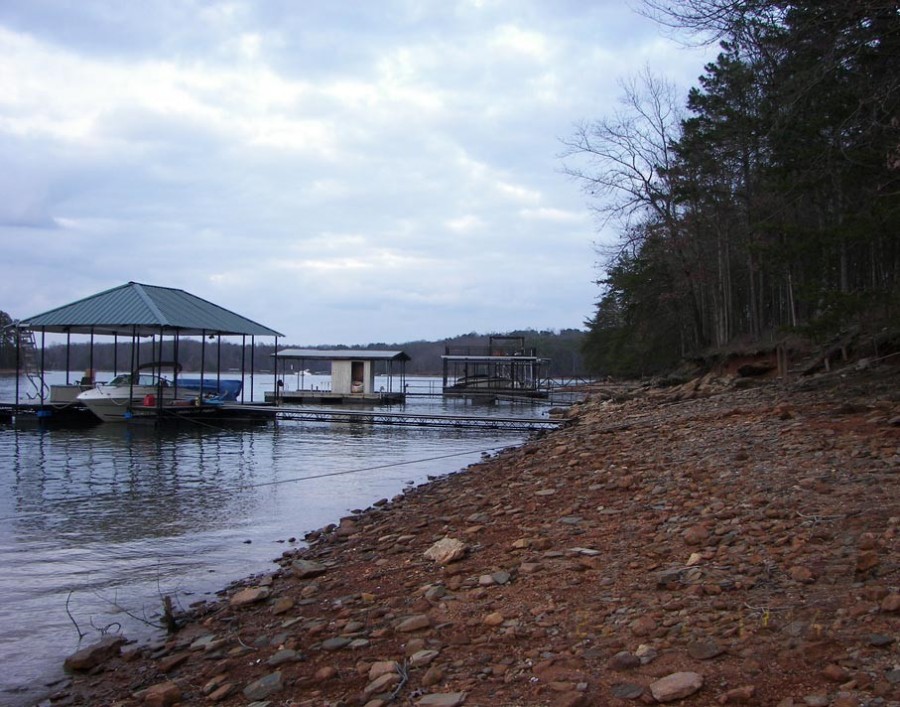WASHINGTON - Lawmakers caught in a tri-state struggle over water criticized the Army Corps of Engineers Thursday as rigid and unresponsive to local needs amid a record Southern drought.
"The corps has been one of the most frustrating agencies to work with, and a lot of us talk about this," Rep. Bud Cramer, an Alabama Democrat, told two Corps leaders at a round-table on Capitol Hill.
The corps has frequently played referee in the years-long "water wars" among Alabama, Georgia and Florida, and each state has accused the agency of favoring the others in deciding water allocations from the region's two major river basins.
The corps' recent proposal to hold back more water for the Atlanta area's shrinking water supply - a plan ratified by the states' governors at a meeting in Washington last week - has only exacerbated those concerns.
Rep. Lynn Westmoreland, a Georgia Republican who convened the meeting along with Rep. John Mica, R-Fla., said Atlanta's water crisis has received most of the corps' attention at the expense of smaller areas downstream, including in his district southwest of Atlanta.
He said many lakes south of Atlanta are in worse condition than Lake Lanier - Atlanta's main drinking supply. But every time he tries to get straight answers from the corps, Westmoreland said, the agency "lawyers up" and offers vague assurances at best.
"What we have now is blatantly unfair," he said after the meeting.
Earl Stockdale, the agency's chief counsel, and Corps Brig. Gen. Joe Schroedel, said the agency must balance a dizzying array of competing demands.
They follow authorizing laws passed by Congress that establish specific purposes for their projects as well as environmental laws governing their impacts. They also provide flood control and navigation, while working with power plants, municipalities and other users who rely on the rivers.
The two rivers basins in question pose particular challenges, they said, with a wide variety of users and complex environmental challenges, including the presence of several protected species of mussels and sturgeon.
"It pains me ... to hear that we are difficult to deal with and to get answers from," Stockdale said, pledging to keep the lawmakers informed as the corps' works on new plans for managing the drought.
Rep. Phil Gingrey, a Georgia Republican, said many of the laws governing the corps give the agency flexibility.
"It seems to be that (the corps) is not utilizing that flexibility in a way that it could," Gingrey said.
The Bush administration last week brokered a temporary agreement in which the corps would hold back about 16 percent more water in Georgia to help bolster Atlanta's water supply while the state's three governors work toward a long-term agreement by early next year.
The temporary agreement is contingent on a ruling from the federal Fish and Wildlife Service, which is expect to release by next week a biological opinion on how reduced river flows would affect the protected species of mussels and sturgeon downstream.
Sam Hamilton, Fish and Wildlife's Southeast regional director, who also attended Thursday's meeting, said the study is ongoing and declined to comment on the results.
Also Thursday, a House subcommittee held a hearing on a bill from Rep. John Linder, R-Ga., to establish a national commission to recommend a comprehensive strategy for managing future water needs.
Linder compared the effort to a national plan developed under President Franklin Delano Roosevelt for the interstate highway system.
"That proposal took 70 years to enact and get completed, but it got completed, and individual states controlled what went on in their states with their development," Linder said. "That is exactly how I see this happening."
Friday
July 11th, 2025
11:30PM









